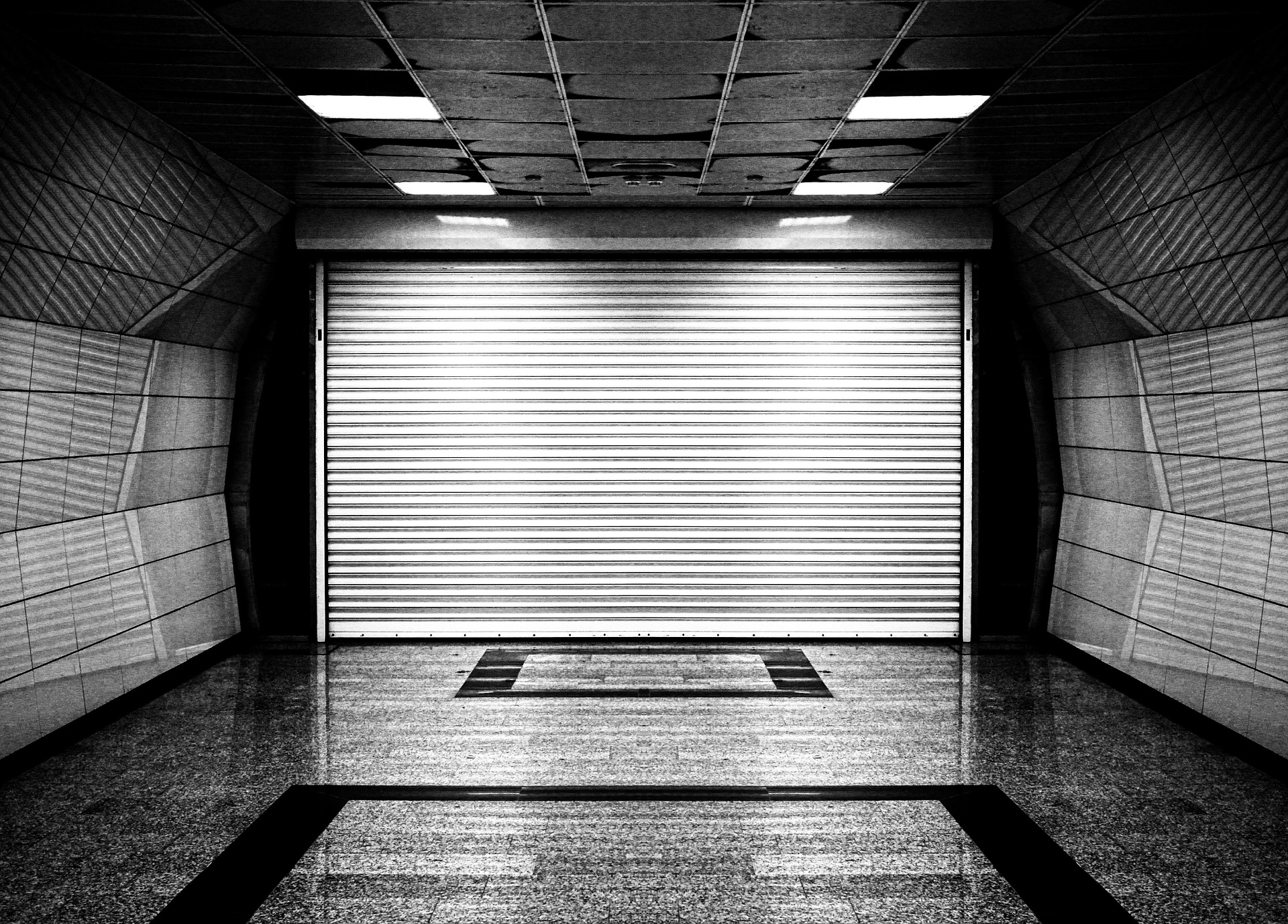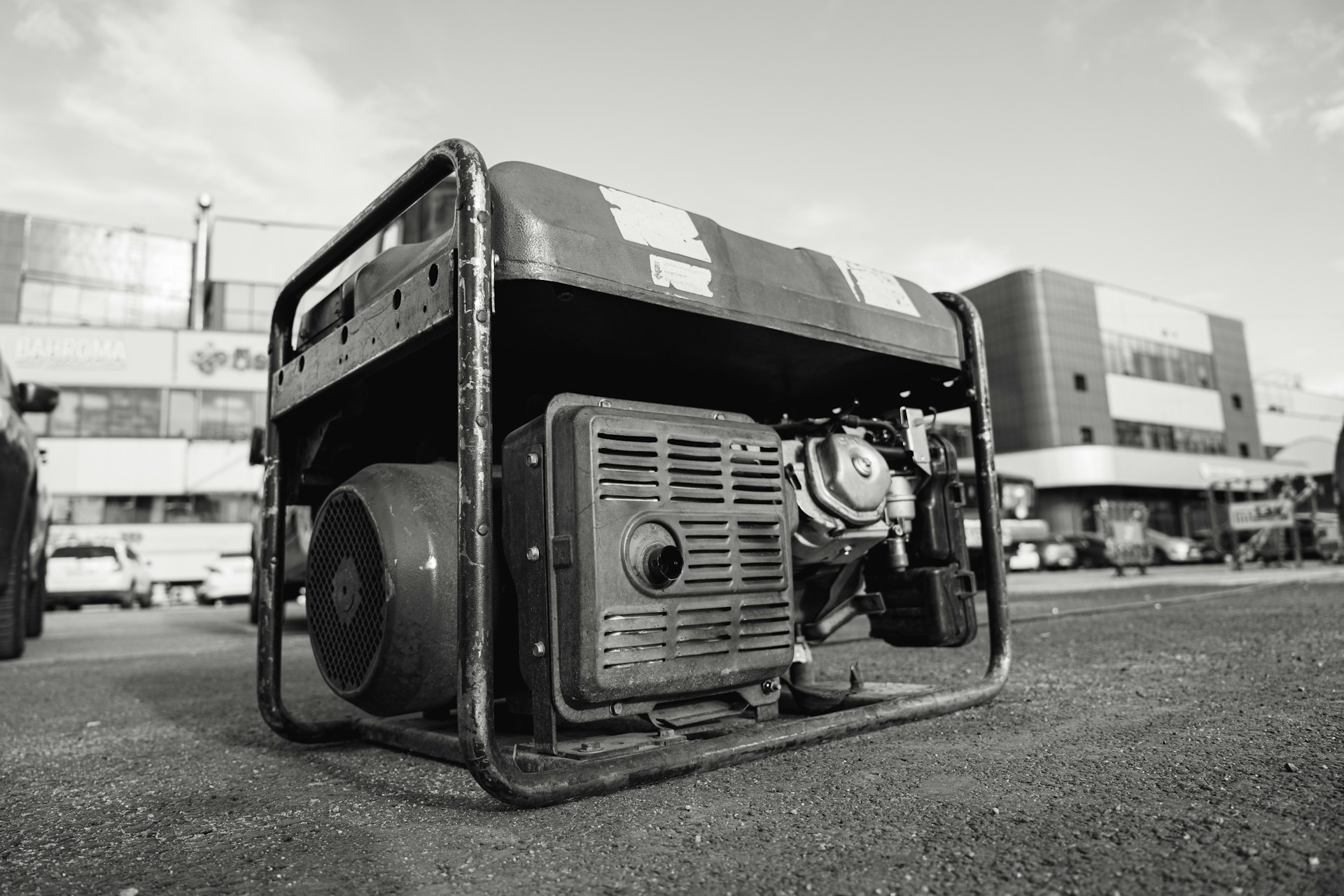Garage Floor Coatings: Materials, Installation, and Considerations
Garage floor coatings offer a practical solution for homeowners looking to enhance the durability, appearance, and functionality of their garage spaces. These protective layers not only improve the aesthetic appeal of concrete floors but also provide resistance against stains, chemicals, and wear. Understanding the various options available and their installation methods can help you make an informed decision for your garage flooring needs.

What are the types of garage flooring materials and their benefits?
Garage floor coatings come in several varieties, each with its own set of advantages. Epoxy coatings are popular for their durability and resistance to chemicals, making them ideal for garages that see heavy use or exposure to automotive fluids. Polyurethane coatings offer superior UV resistance and flexibility, which can be beneficial in areas with temperature fluctuations. Acrylic sealers provide a cost-effective option for those seeking basic protection and a glossy finish. Meanwhile, polyaspartic coatings are known for their rapid curing time and excellent abrasion resistance, allowing for quick installation and immediate use.
How are different garage flooring options installed?
The installation process for garage floor coatings varies depending on the material chosen. Epoxy coatings typically require thorough surface preparation, including cleaning, grinding, and repairing any cracks or imperfections in the concrete. The epoxy is then applied in multiple layers, often with a broadcast of color flakes or quartz for added texture and aesthetics. Polyurethane and polyaspartic coatings follow a similar process but may require fewer coats and have shorter curing times. Acrylic sealers are generally the easiest to apply, often needing only a clean surface and a roller or sprayer for application.
How do you choose garage flooring based on durability and usage?
Selecting the right garage flooring depends on your specific needs and the level of use your garage receives. For high-traffic areas or spaces used for vehicle maintenance, epoxy or polyaspartic coatings offer superior durability and chemical resistance. If your garage doubles as a workshop, consider coatings with added slip resistance for safety. For those primarily concerned with protecting against occasional spills and enhancing appearance, an acrylic sealer might suffice. It’s also important to consider the climate; garages exposed to extreme temperatures or UV light may benefit from polyurethane coatings for their flexibility and color stability.
What safety considerations and slip resistance factors are important for garage flooring?
Safety is paramount when choosing garage flooring. Many coatings can be customized with anti-slip additives to increase traction, which is especially important in areas prone to spills or moisture. Textured surfaces, achieved through the addition of aggregate materials during installation, can also enhance slip resistance. Additionally, consider the reflectivity of the chosen coating; while high-gloss finishes can brighten the space, they may also create glare. Matte or satin finishes can provide a balance between aesthetics and safety.
What are the environmental considerations and sustainable flooring options for garages?
Eco-conscious homeowners have several options when it comes to sustainable garage flooring. Water-based epoxy and polyurethane coatings emit fewer volatile organic compounds (VOCs) than their solvent-based counterparts, making them a more environmentally friendly choice. Some manufacturers now offer coatings made with recycled materials or bio-based ingredients, further reducing the environmental impact. When considering sustainability, it’s also important to factor in the longevity of the coating; durable options that require less frequent replacement can be more eco-friendly in the long run.
What are the cost considerations for different garage floor coating options?
The cost of garage floor coatings can vary significantly based on the type of material, quality, and installation method. Here’s a general overview of pricing for common garage floor coating options:
| Coating Type | Material Cost (per sq ft) | Professional Installation (per sq ft) | Total Estimated Cost (1000 sq ft garage) |
|---|---|---|---|
| Epoxy | $3 - $7 | $5 - $12 | $8,000 - $19,000 |
| Polyurethane | $2 - $5 | $4 - $10 | $6,000 - $15,000 |
| Polyaspartic | $3 - $7 | $6 - $14 | $9,000 - $21,000 |
| Acrylic Sealer | $0.50 - $2 | $2 - $4 | $2,500 - $6,000 |
Prices, rates, or cost estimates mentioned in this article are based on the latest available information but may change over time. Independent research is advised before making financial decisions.
When considering garage floor coatings, it’s essential to weigh the initial investment against long-term benefits. While some options may have higher upfront costs, they often provide greater durability and longevity, potentially saving money over time. Factors such as local labor rates, specific surface preparation requirements, and additional features like decorative flakes or custom colors can also impact the final price. Obtaining quotes from multiple local contractors can help you get a more accurate estimate for your specific garage flooring project.
In conclusion, garage floor coatings offer a range of options to suit various needs, budgets, and environmental concerns. By considering factors such as durability, safety, installation methods, and sustainability, homeowners can select a coating that not only enhances the appearance of their garage but also provides long-lasting protection and functionality. Whether opting for a high-performance epoxy or a simple acrylic sealer, the right garage floor coating can significantly improve the usability and value of this often-overlooked space in the home.



